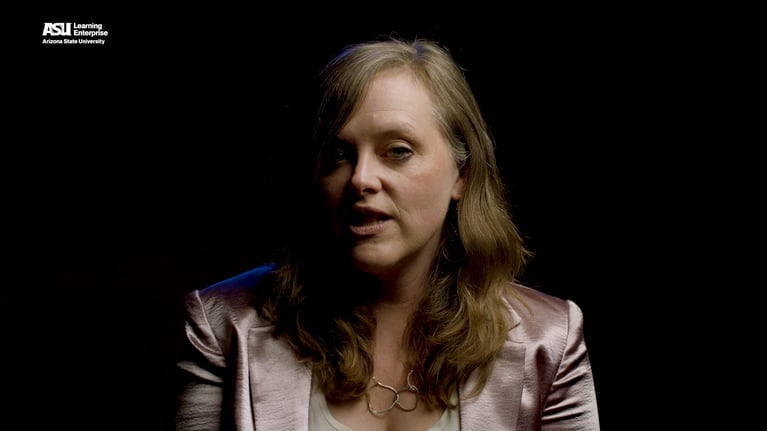Constructive criticism and feedback is an important part of the creative process and improving skill sets. However, when not delivered or received properly, negative criticism can result in creative mortification. Creative mortification occurs when negative feedback discourages someone from pursuing their creativity due to feelings of inadequacy or failure. It's important to understand both how to deliver and receive criticism so that it is helpful, not hurtful.
A creative aspiration often starts out as an interest. This can be an interest in any domain of human performance. It could be poetry, dance, the sciences, cooking or just about anything.
Here’s an example: maybe your interest in poetry is sparked by reading a poem. As you start to develop your interest you might think, “I really like poetry” and maybe even “I want to become a poet.” So, you start to pursue this interest by writing your own poems. You start to make progress and maybe even receive encouraging feedback from others. You’re now on your way to becoming a poet and maybe you even see yourself as a poet.
Then one day you share a poem you wrote, inspired by Emily Dickinson’s poetry, in a poetry seminar. Your poem is met with eye rolls, giggles of peers, and the poetry instructor jokes, “Well, you’re certainly no Emily Dickinson.”
You set down your poetry pen and never pick it up again. Something died at that moment. It is not that your creativity died, because if you’re still alive you still have creative potential. But, what did die in that moment is your willingness to pursue your aspiration to creatively express yourself through poetry.
This is called creative mortification and refers to the loss of your willingness to pursue a particular creative aspiration following a negative performance outcome.
You might have experienced this in your own lives, or you've seen it in other people's lives.
It can happen in a split second.
It can even happen when well-intentioned parents, teachers, and coaches provide honest feedback, but it’s received in such a way that the student feels shamed in that moment and feels like they can't get better, which can have quite a chilling effect on creative aspirations.
We, of course, don’t always experience creative mortification from negative performance outcomes. And it’s even possible that two different people can receive the same feedback, but experience it differently. So, this leads us to the questions of how can teachers, parents, coaches, or anyone providing feedback on creative performance help prevent creative mortification from happening in the first place? And what can we do to help ourselves and others revisit their creative aspirations?
Honest feedback is key. It’s the goldilocks principle. We don’t want our feedback to be too hot, where people feel shamed and hopeless. But we also don’t want our feedback to be too cool, where people never receive an honest assessment (which can also set people up to experience creative mortification down the road).
The feedback should focus on what specific improvements can be made, so that people understand that although they are not where they want to be they can still improve. Such feedback may be painful to hear, but because improvement is possible, it can serve as a motivator to improve. In this way we can all benefit from making contributions to our lives and the lives of others.


